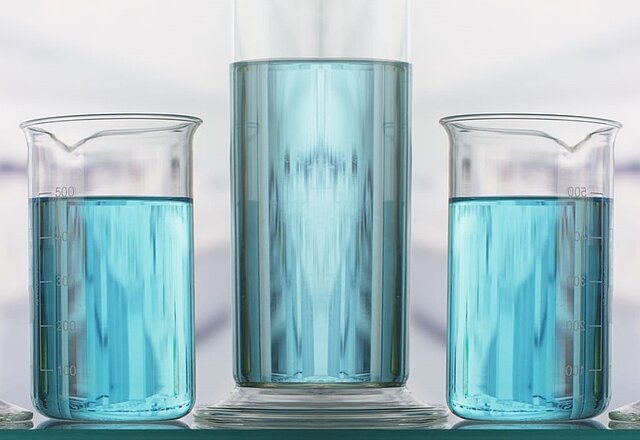In the realm of science, the terms 'drugs' and 'chemicals' are often used interchangeably, leading to a common misconception that they are one and the same. However, while there is an inherent overlap between the two, they are distinct entities with unique characteristics and functions. This article aims to delve into the nuances of these terms, shedding light on their similarities, differences, and their roles in the broader scientific and medical landscape.
Understanding the Basics
Chemicals are substances with a definite composition at the molecular level. They are the building blocks of everything in the universe, from the air we breathe to the food we eat. Chemicals can be naturally occurring like water (H2O) or synthesized in laboratories like plastic (polyethylene).
Drugs, on the other hand, are a subset of chemicals specifically designed or discovered for their therapeutic effects. They interact with the body's biological systems to prevent, diagnose, treat, or cure diseases. Drugs can be derived from natural sources like plants (e.g., aspirin from willow bark) or synthesized in pharmaceutical labs (e.g., ibuprofen).
The Intersection of Drugs and Chemicals
All drugs are chemicals, but not all chemicals are drugs. This is a crucial distinction to understand. The term 'drug' is reserved for chemicals that have been scientifically proven to have a therapeutic effect on the human body. For instance, caffeine is a chemical that becomes a drug when used to stimulate the nervous system.
The distinction becomes even more critical when considering the safety and regulatory aspects. While chemicals are ubiquitous and not inherently harmful, drugs are subject to rigorous testing and regulatory scrutiny due to their potential impact on human health.
The Role of Chemistry in Drug Discovery and Development
Chemistry is the backbone of drug discovery and development. Medicinal chemists design and synthesize new chemical entities (NCEs) with potential therapeutic effects. These NCEs undergo rigorous preclinical and clinical trials to evaluate their safety and efficacy before they can be approved as drugs.
The process of drug discovery is a testament to the intricate relationship between drugs and chemicals. It involves a deep understanding of the disease's biological mechanisms and the chemical interactions that can alter these mechanisms beneficially.
Conclusion
In conclusion, while drugs and chemicals are closely intertwined, they are not the same thing. Understanding this distinction is vital for appreciating the complexity of drug discovery and development and the role of chemistry in advancing medical science. As we continue to explore the vast chemical universe for new therapeutic agents, the line between drugs and chemicals will continue to blur, but their unique identities will remain intact.

